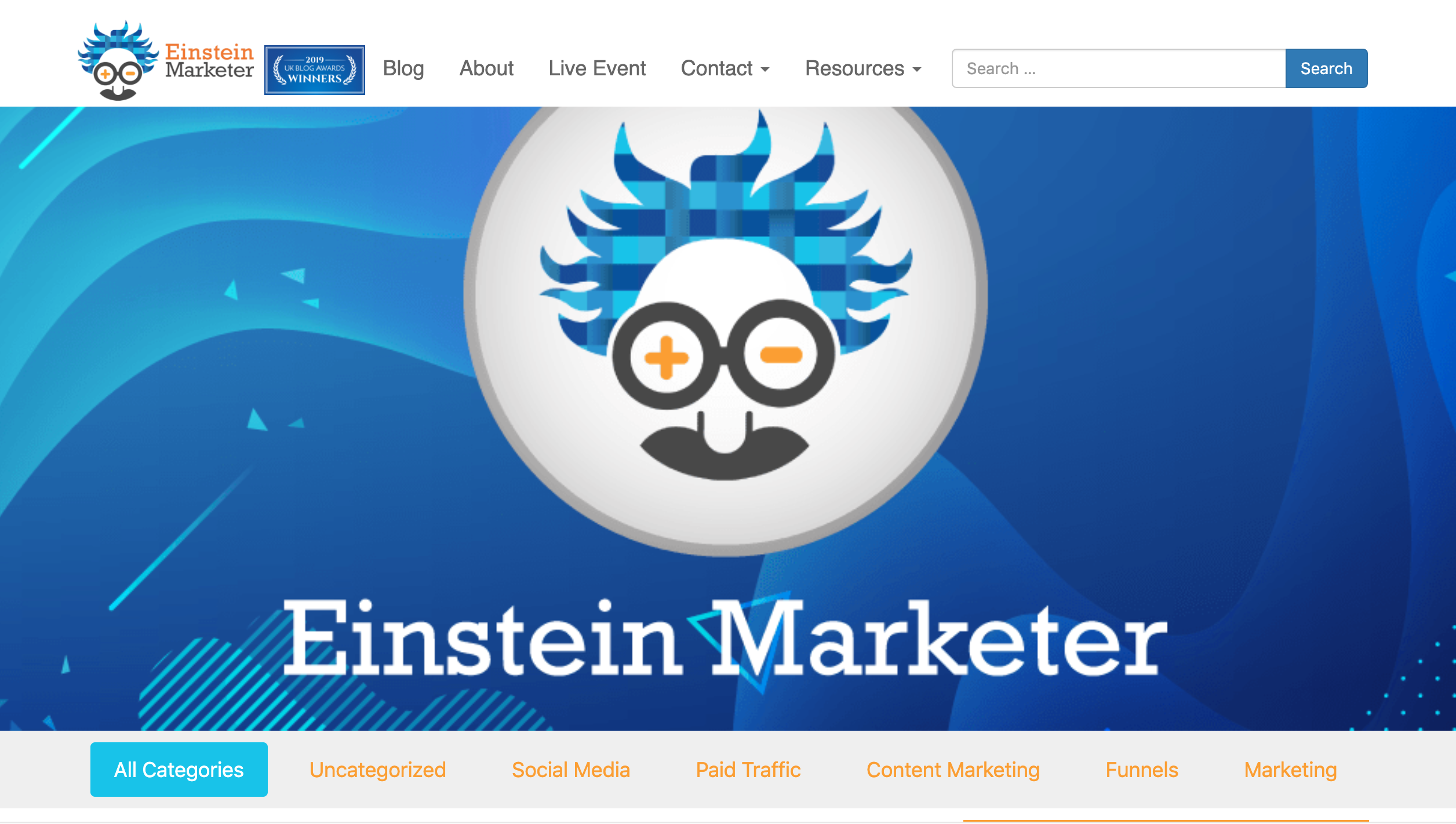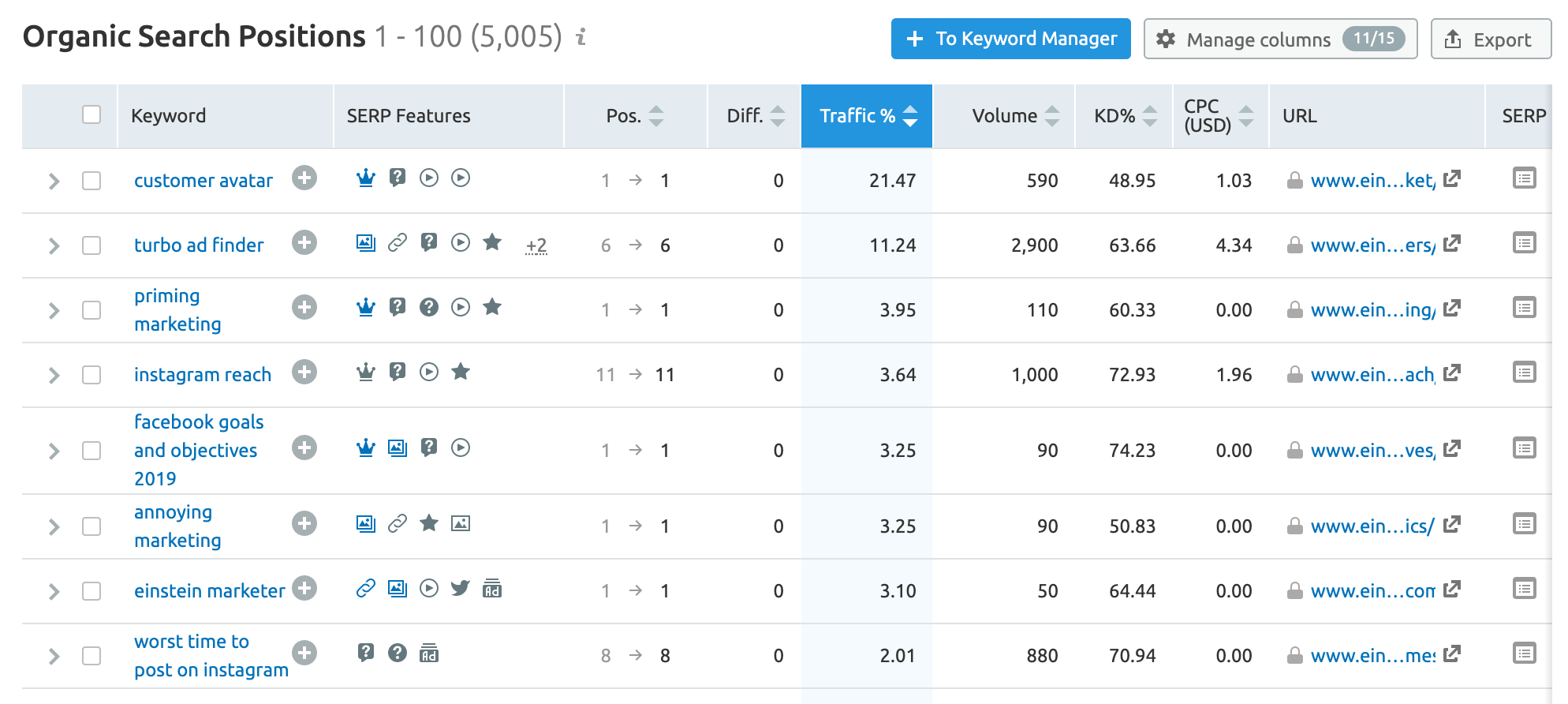05 Oct How to Chase Links That Only Get Better with Age via @alextachalova
Wine connoisseurs and link building experts have one thing in common – both require years of training and experience in their disciplines.
You need to taste various types of wines to recognize the nuances of feelings each one brings.
The same goes for links.
You need to get your hands dirty on building tons of links to start realizing why some links are not worth your effort.
A link builder who has just started their career most probably thinks that a link coming from a leading business blog like Forbes or Entrepreneur is the best thing ever.
Well, I’ve been there, too.
But time has passed and I know that such links are useless if you’re looking for SEO benefits.
Want to build links that bring the biggest SEO benefits to your site?
For sure, acquiring such links is way harder than any other type of links, but they are totally worth every single hour invested in them.
Here’s how to do it.
1. Links Coming From Guest Posts Are Weak by Default
It took me some time to realize that links from guest posts are quite weak.
While such links are bringing some positive signals to Google, as well as helping your brand gain additional authority, they’re still quite useless from an SEO standpoint.
The reason behind this is simple.
Google knows that a link comes from a guest post and, as a result, gives it less priority.
Sadly, this happens with literally all links that are coming from guest blogging opportunities.
What comes as a surprise is that the bigger and more well-known a site is, the less link equity you’re receiving.
How come?
Well, too many guest contributors are violating Google’s guidelines and secretly selling links in their guest posts, so Google’s algorithm reacts accordingly.
I even have a feeling that a link that is allocated on a lesser-known site that only occasionally accepts guest posts will bring you more SEO benefits than a link that comes from a site like Search Engine Journal.
However, if your domain authority is quite low, getting a link on Search Engine Journal or a similar blog will help you stand out as this will help you prove to Google that you’re a trustworthy brand (e.g., well-known sites are referring to your site).
Bottom line: if your goal is to build links that will help you rank higher in SERPs, you need to build two times more links from guest posts than from regular posts.
2. Acquiring Links From Sites That Are Ranking for a Broad Range of Keywords Is Questionable
A lot of marketers would say that getting a link from a decent and relevant domain is an ideal combination.
This might be right – but only up to a certain point.
For sure, relevancy and well-established domain authority are great metrics to rely on, but if you’re on a mission to build the very best links, then you need to go much deeper into details.
The ideal scenario is when a site linking to your page ranks for terms that perfectly match your niche.
It’s not rare for a site to get traffic from search queries that have nothing to do with their business.
It might be due to various factors – starting from publishing off-topic content and ending up with how on-site optimization was delivered.
Here’s a good example that perfectly showcases what I’m talking about.
Einstein Marketer writes about literally any topic related to digital marketing, including content marketing, paid ads, social media, funnels, and so on.


However, if you go to SEMrush to check what kind of search queries are bringing the biggest chunk of traffic, you’ll uncover that most of them are connected to the topic of social media.


And if you dig a bit deeper and check the pages that are getting the most of organic visitors, you’ll see quite the same picture.


What’s the main takeaway here?
You need to check the site’s organic traffic to ensure that a link will be topically relevant based on how Google currently ranks a site.
I strongly believe that getting a link from a site that ranks for search terms that are 100% relevant to your business will lead to a much more powerful link.
However, even once you manage to get a quality link on a relevant website, your job is not done – you need to keep “feeding” those links with even more links.
3. Support Pages Where You’re Getting Links… With More Links
Let’s face it: the bigger the URL authority is, the more link equity you’ll be getting from a page.
So, if you want to get the most out of each link you build, you need to support all the pages where you’ve already built links by referring even more to them.
Other than simply linking to this page from your guest posts and other sites, you could also try to persuade the site owner to add more internal links to this page.
If you have a chance to support this page with internal links, I would recommend checking what kinds of pages have the biggest number of incoming links.
This can be done using Ahrefs, which will show you a list of pages that have the highest URL rating (e.g., the highest number of referring domains):


Based on this list, you can:
- Decide which pages are most worthy of your time and effort.
- Try to create meaningful internal links that go back to other pieces of content where you’re getting links from.
Why is this important?
Well, I believe the biggest problem with link building is that we’re all obsessed with getting links from new domains.
But that’s not the most effective strategy.
My experience shows that having only a few links from pages with decent ratings will often allow you to outrank pages that have many more links but those links have a quite low rating.
So, that’s why you always need to think about how you can improve the URL ratings of pages where you’re getting links from.
Conclusion
The only thing that I like more than good wine is quality links. And my experience shows that both taste better with age.
Hopefully, this article has made you wiser in terms of what kind of links you should be pursuing.
Long story short: guest post links might not be as valuable as you think.
The same goes for links from sites that are ranking for a broad range of keywords.
If you want to rank better with fewer links, you should aim at getting links from pages with high URL ratings and then support those with additional (either internal or external) links.
More Resources:
- 3 Ways to Measure Link Quality
- Link Building for SEO: A Complete Guide
- Link Building for Beginners: How to Get Started
Image Credits
Featured Image: Created by author, October 2020
All screenshots taken by author, October 2020
Sorry, the comment form is closed at this time.